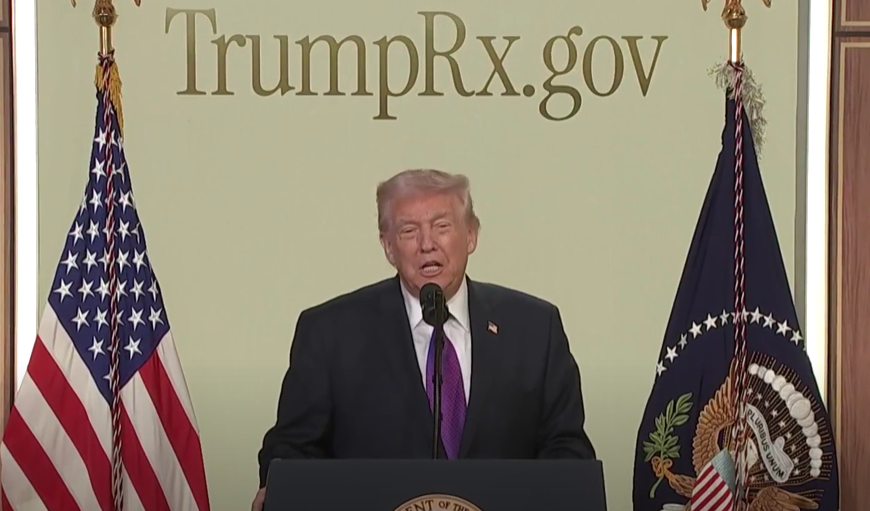FBI Warns: Beware of the Latest Scam Targeting All Smartphones

© Freepik
Why do you think the FBI issued a smartphone scam warning now?
Has it happened to you to get a text message that looks urgent and official? It says you owe money and need to pay right away.
Your heart races—what if it’s real? You’re not alone if you’ve felt this way. Scammers are getting smarter, and they’re using our smartphones to trick us.
The FBI has raised a red flag about a new danger targeting everyone with a phone.
This isn’t just about losing a few dollars; it’s about protecting who you are. Keep reading to find out what’s happening and how to stay safe.
What’s This New Smartphone Scam Warning All About?

The FBI recently shared a warning about a scam called “smishing.” This word comes from mixing “SMS” (text messages) and “phishing” (a trick to steal your info).
Here’s how it works: You get a text claiming you owe money, like for unpaid toll fees. It includes a link to pay.
The message looks real, maybe even mentioning your state or a toll service you recognize. But it’s a fake.
If you click the link or reply, scammers can take your money or personal details—like your name, address, or credit card number.
The FBI says thousands of people have already reported these messages, and the problem is growing fast.
These scammers don’t care who you are. They send texts to random phone numbers, hoping someone will fall for it.
Some people get these messages even if they don’t drive or use toll roads!
The goal is simple: they want your cash, but they’re also after your identity. With enough information, they can pretend to be you and cause big trouble.
How to Spot and Stop the Scam

The good news? You can protect yourself with a few easy steps. First, don’t click on links in unexpected texts. Even if the message seems urgent, pause and think.
The FBI says real toll agencies or companies won’t ask for payment through random texts.
They usually send bills by mail or use official websites. If you’re not sure, check your account directly—go to the real website yourself, not through the text link.
Next, delete suspicious texts right away. Don’t reply, even to say “stop.”
Responding tells scammers your number is active, and they might keep bothering you. If you’ve already clicked a link or shared info, act fast.
Tell your bank or credit card company, and report it to the FBI’s Internet Crime Complaint Center at ic3.gov. You can also forward the text to 7726 (SPAM) to help phone companies block the sender.
For iPhone users, watch out for texts asking you to reply with “Y” to unlock a link. This is a trick to get around Apple’s safety features. Stay cautious, and you’ll be one step ahead of these criminals.
Why This Matters to You

This scam isn’t just a small annoyance—it’s a big deal. Losing money hurts, but having your identity stolen is worse.
Scammers can use your details to open accounts, buy things, or even commit crimes in your name. The FBI warns that these attacks are spreading across the country, hitting cities like Dallas, Atlanta, and Los Angeles hard.
Cybersecurity experts say the tools behind these scams come from organized groups, often overseas, making them tough to catch.
Awareness is your best defense. By knowing how these tricks work, you can avoid becoming a victim. Share this info with friends and family, especially older adults who might not spot the signs.
The more we talk about it, the harder it is for scammers to win.
Stay smart and keep your phone safe—it’s more than just a device; it’s your shield against this growing threat.
You might also want to read: Eiffel Tower Scam: How a Person Sold the Tower Twice


